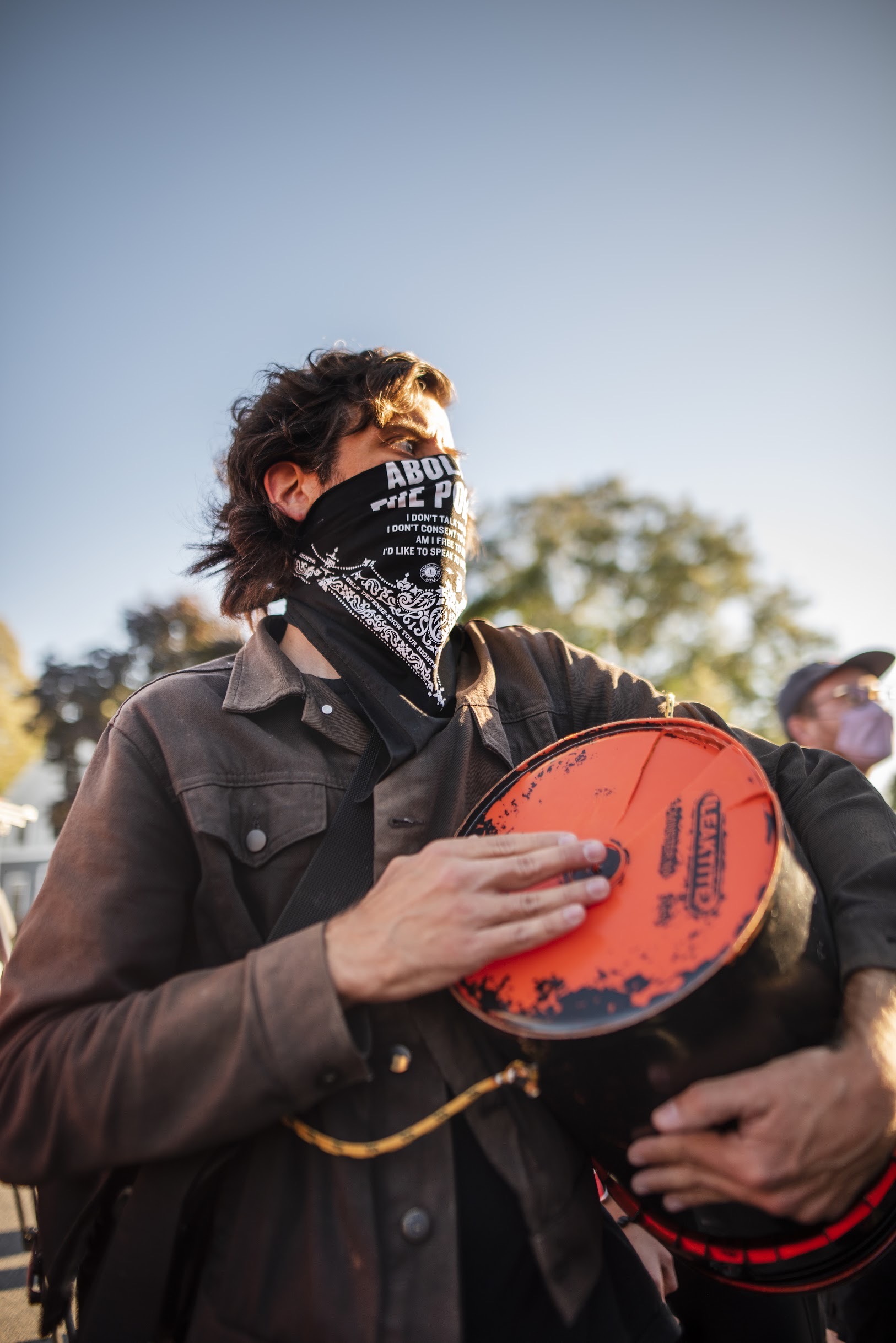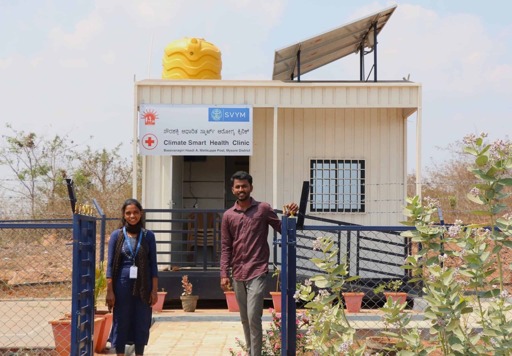Imagine this. You’re living in a remote rural hamlet in the forested hills of Mysore, in the southern Indian state of Karnataka. You’re miles from the nearest doctor, a day’s journey by foot and bus to the nearest hospital. And there’s no mains electricity. If you suddenly fall ill and need urgent medical help, what are your chances?
A few years ago, they’d be slim. Today, though, you make your way a couple of hundred metres down the track to a minor miracle: a small, gleaming white building topped with solar panels. Inside, a specially trained health worker checks you out, runs a few tests, takes your blood pressure, even does an ECG, maybe gives you some lifesaving treatment or medicine. Then she connects you to a doctor in a distant hospital, who’s right there on the screen, giving you the sort of specialist consultation that would normally be far out of reach.
It sounds like one of those rosy scenarios beloved of futurists, but this isn’t speculative fiction. The Climate Smart Health Clinic, as the sign over the door declares, is here and now, in the village of Basavanagiri Hadi.
It’s part of an ambitious programme that is using a combination of solar power and mobile connectivity to revolutionise the prospects for healthcare across swathes of rural India. It springs from the Selco Foundation, an independent not-for-profit, which is a sister organisation of Selco India, the country’s leading solar company specialising in small-scale, decentralised systems.
With the backing of the Ikea Foundation, the scheme is designed to provide reliable, clean and affordable electricity to 25,000 of the country’s state-run primary health care (PHC) centres, as well as to explore entirely new ways of delivering health services – like the ‘tele-clinic’ in this Mysore village.


